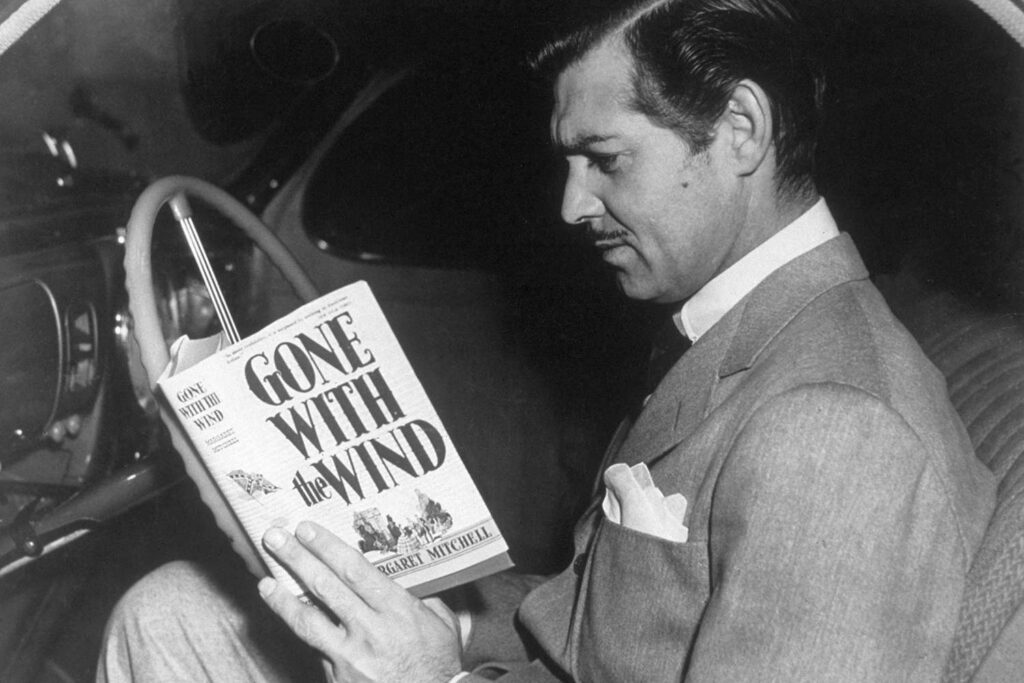Gone with the Wind has been called harmful in a “trigger warning” produced by its publisher.
A 2022 edition of Margaret Mitchell’s classic novel, set during and after the American Civil War, has been deemed “problematic” in a note at the front.
According to The Times:
Pan Macmillan warns that Gone with the Wind — which was made into an Oscar-winning film in 1939— contains “racist” elements that could be “hurtful or indeed harmful”.
It adds that the novel has not been rewritten to remove offensive passages, but makes clear that retaining the original text does not “constitute an endorsement” of the book.
The trigger warning says a white writer was commissioned to write an essay for the new edition to explain Gone with the Wind’s “white supremacist” elements.
This was to avoid inflicting “emotional labour” on someone from a minority background.
It states: “Gone with the Wind is a novel which includes problematic elements, including the romanticisation of a shocking era in our history and the horrors of slavery.
“The novel includes the representation of unacceptable practices, racist and stereotypical depictions and troubling themes, characterisation, language and imagery.”
The warning adds: “Pan Macmillan believes changing the text to reflect today’s world would undermine the authenticity of the original, so has chosen to leave the text in its entirety.
This does not, however, constitute an endorsement of the characterisation, content or language used.”
Mitchell’s 1936 novel takes place as the slave-owning South was fighting against Abraham Lincoln’s abolitionist forces in the North.
The plot follows Scarlett O’Hara, the daughter of a Georgia plantation owner, whose comfortable slave-owning way of life is threatened by the North’s invasion, and she embarks on a relationship with serial seducer Captain Rhett Butler.
Racial interpretations of the book, for which Mitchell received the Pulitzer Prize for Fiction in 1937, have been discussed for decades.
The new edition note precedes an essay by Philippa Gregory, author of The Other Boleyn Girl. In it she argues that Mitchell intended her novel to support the “lost cause” view of a Confederacy that was fighting for freedom.
It adds that the work “effectively promoted the racist planter view of the history of the South”.
Gregory writes that the problem of the novel is that “it tells us, unequivocally, that African people are not of the same species as white people”. She adds: “This is the lie that spoils the novel.”
Gregory further argues that Gone with the Wind “defends racism” and “glamorises and preaches white supremacy”.

